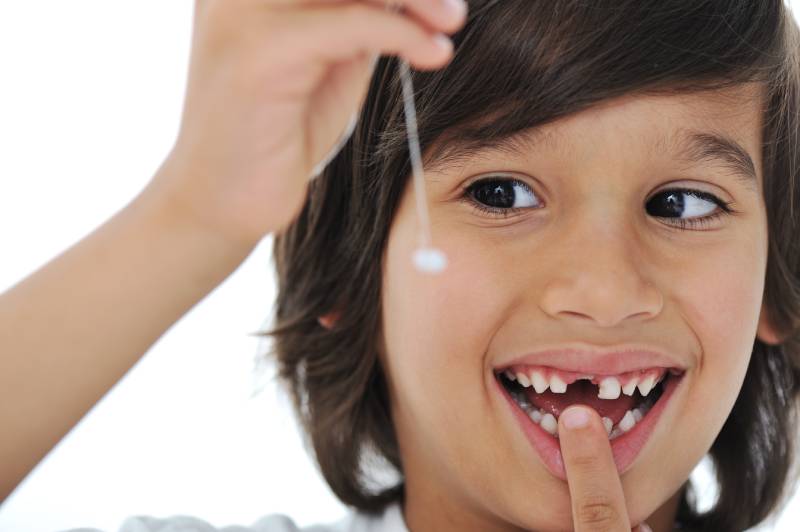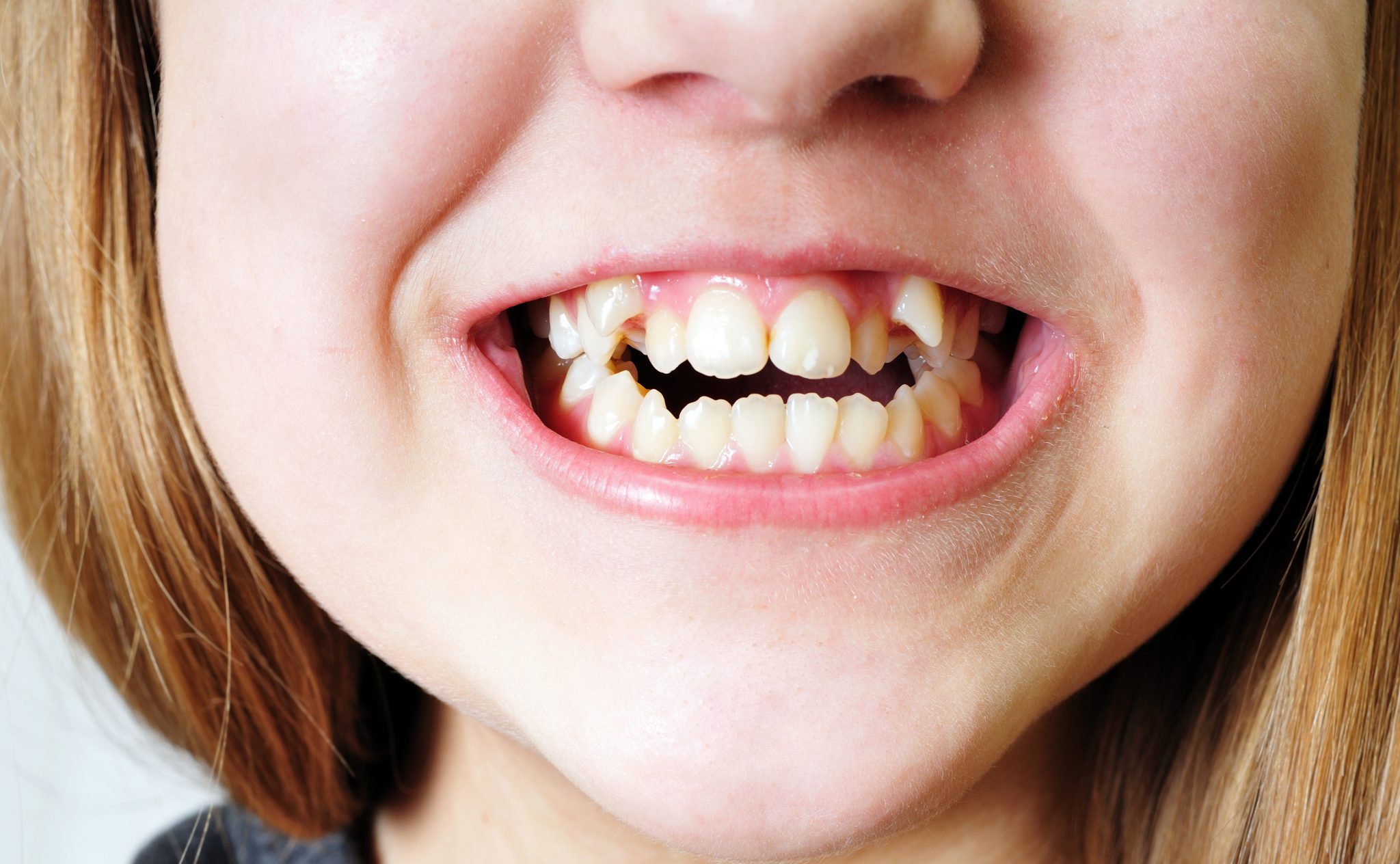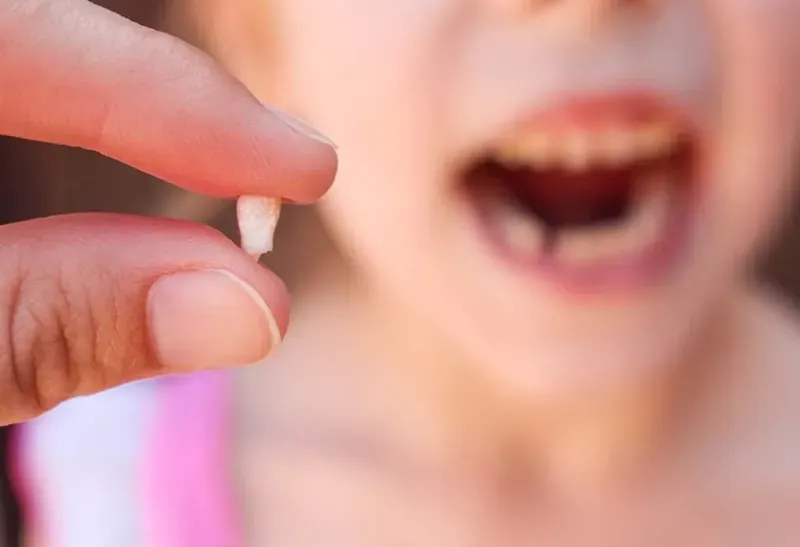At some point during their childhood, children will have to have their baby teeth extracted by a dentist. This can be an uncomfortable and anxiety-provoking experience for both child and parent alike. Knowing when it is the right time to have a baby tooth extracted is important in order to ensure that your child’s mouth stays healthy and functions properly.
What Are Baby Teeth?
Baby teeth, also known as primary or deciduous teeth, are the first set of teeth that a child will develop. They typically start to appear when a baby is around 6 months old and continue to come in until they reach the age of 3. Baby teeth play an important role in helping young children chew their food, learn how to speak correctly, and develop self-confidence through a beautiful smile.
When Should Baby Teeth Be Extracted?
Baby teeth serve an important purpose in the development of the mouth, providing space for adult teeth to come in correctly and guiding them into place. When it comes time for these temporary teeth to be extracted, parents may be wondering when the right time is for this procedure. The answer varies from one individual to another depending on several factors such as medical conditions, lifestyle habits and genetics. Generally speaking, baby teeth usually need extracting due to decay or overcrowding once the permanent adult teeth begin erupting at around 6 years old.
When a baby tooth gets damaged or knocked out too early, it can cause permanent damage to adult teeth as they come in. Parents should speak with their dentist if they notice any unusual changes in their child’s mouth or if they are concerned that their child’s tooth was lost prematurely.

Benefits of Early Extraction
Early extraction of baby teeth can be beneficial for children and their parents in many ways. It is important for parents to understand when the best time is to extract a baby tooth, as it can help avoid future dental problems. Early extraction of a baby tooth may result in less discomfort than waiting until the adult tooth has started to come in, which could cause difficulties with eating, speaking, and brushing the teeth. It can also help create space for permanent teeth to come in correctly without crowding or impaction.
In addition, early extraction of decayed primary teeth may prevent infection from spreading to other parts of the mouth or even into the bloodstream. Extracting a rotting primary tooth may also prevent bacteria from causing an abscessed or infected area around a permanent tooth that has not yet erupted through the gum line.
Risks Associated With Early Extraction
When to extract baby teeth is a difficult decision for parents and dental professionals alike. Extracting too early comes with risks, so it’s important to know when the best time is for your child.
While some baby teeth need to be extracted earlier than others, there are certain risks associated with extraction too soon. For instance, premature extraction can cause neighboring teeth to shift into the space left by the missing tooth. This could lead to crooked or crowded permanent teeth when they eventually come in or create other alignment problems that require orthodontic treatment down the road. Additionally, premature extraction of baby molars may also result in an increased risk of cavities due to difficulty cleaning around these large back teeth with no replacements yet grown in.

See Dentist For Life
Dentist For Life is the go-to choice for individuals seeking quality dental care in Marysville, Ohio. Our team of experienced professionals is dedicated to providing comprehensive dental services for patients of all ages. We gladly accept a wide range of insurance plans and are currently welcoming new patients. Whether you need a routine check-up or a specific dental procedure, we’re here to help. Contact us at (937) 707-1111 or conveniently schedule your appointment online. When it comes to dentists Marysville, Ohio is the name you can trust.



